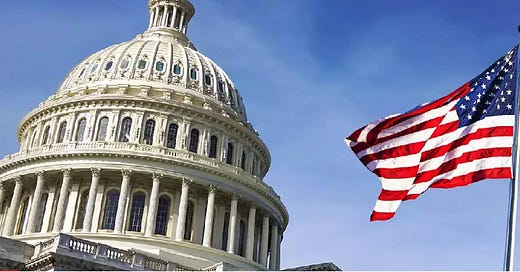US Politics Slow Senate Ratification of Asian Envoys
Nearly a year into Biden’s presidency, crucial Asian countries lacked US ambassadors
By: David Brown
Tensions in East Asia have been escalating since before Joe Biden took office, yet not until just before the US Senate adjourned for winter holidays on December 18 did it get around to approving his choices to lead American embassies in China, Japan, and Vietnam, and as well as people nominated to head some 38 other posts worldwide.
The Se…
Keep reading with a 7-day free trial
Subscribe to Asia Sentinel to keep reading this post and get 7 days of free access to the full post archives.



